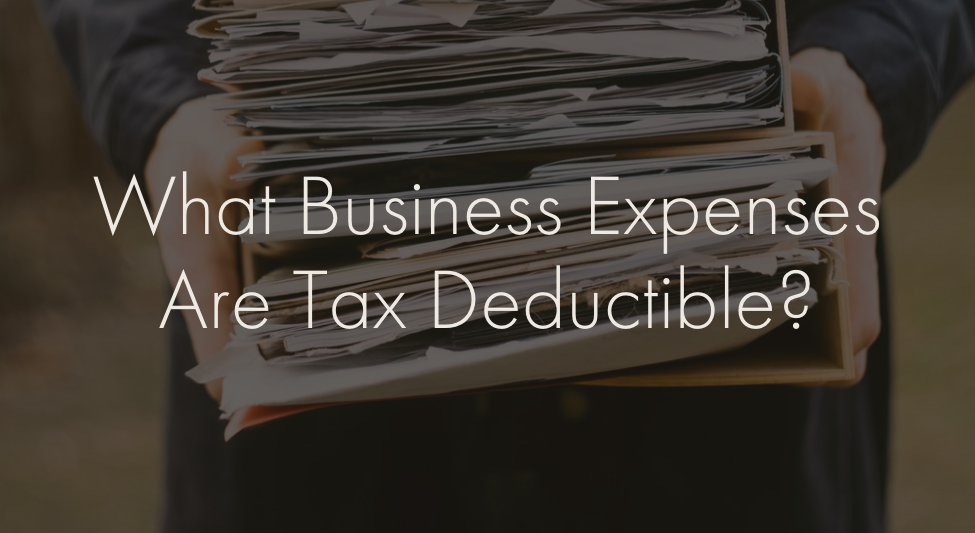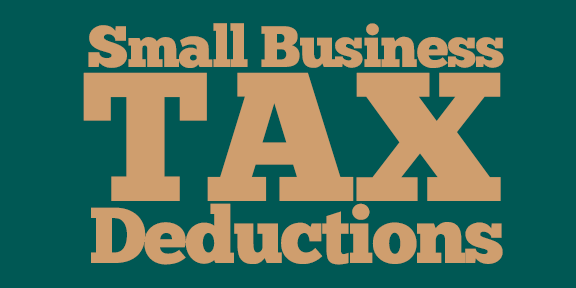15 Non-Deductible Business Expenses

By Debbie Gregory.
New changes to the US tax laws have made certain expenses no longer deductible.
Here is a quick list of 15 things you cannot write off on your taxes:
1.) Entertainment
Companies used to be able to deduct the costs of entertaining clients or employees, this is no longer the case. Now, you may not deduct any portion of items such as tickets to the theater or sporting events is deductible.
2.) Meals
Meals for clients and employees, such as entertainment, used to be deductible on business taxes. Now, only 50% is deductible and even that is only allowable in specific cases. There are still a few exceptions, such as company picnics or break room snacks, where you can deduct the entire cost.
3.) Commuting
No matter what form of transportation you use to get back and forth to work or how lengthy or difficult it is to get to your business and home again, you are not permitted to write off the costs of commuting.
4.) Work Clothing
In the past, purchases of business appropriate attire were deductible. Now, only clothing not suitable for any possible street use, such as company specific uniforms, hardhats, etc., can be deducted.
5.) Gifts
The deduction for giving gifts to business associates, vendors, customers, etc. is now capped at $25.00 per gift/person, even if it makes good business sense, in certain situations, to give a more expensive gift.
6.) Medicare Taxes
If your income is high enough, you cannot deduct the 0.9% additional Medicare tax paid on net earnings from self-employment or employee wages and the 3.8% net investment income tax paid on income from any business investments.
7.) Club Dues
Participating in a golf or tennis club, social club, or fitness center may be a great way for you to meet and network with possible clients and customers. However, the dues you pay to be a member aren’t deductible.
8.) Exploratory Costs
A lot of people spend money researching business opportunities before starting their new company. This money is no longer tax-deductible. Though, once you start the business, those exploratory expenses can be treated as start-up costs and then can be deducted in the first year of business.
9.) Property Purchases
Legal fees paid to assist with property purchases cannot be deducted on their own. Instead, these fees are added to the cost basis of the property. A portion of the fees can potentially be recovered through depreciation.
10.) Fines and Penalties
Generally, government-imposed fines and penalties are nondeductible, regardless of the amount or reason for the fine.
11.) Excess Business Losses
Excess business losses for non-corporate taxpayers are treated as a net operating loss carryover and cannot be deducted.
12.) Interest on Tax Underpayments
Sole proprietors and owners of pass-through entities (non-corporate taxpayers) that pay interest on tax underpayments cannot deduct them. The interest is viewed as personal interest even if it relates to business income.
13.) Interest Expense Payments
If your annual gross receipts for the three prior years exceeds $25 million dollars, you cannot deduct any of your interest expenses on borrowing.
14.) Certain Employee Expenses
Reimbursements for employees’ commuting costs or moving expenses are not deductible.
15.) Net Operating Loss Carrybacks
Only farmers can deduct carrybacks. All other business entities are only allowed carryforwards and they can only be used to offset 80% of the taxable income.
All these tax law changes can affect your bottom line. Working with a CPA or a good tax or accounting service can help you better adapt to these changes and offset some of their potential impact. Always consult with professionals if you have questions or need guidance with any federal, state, or local law changes and tax issues.











